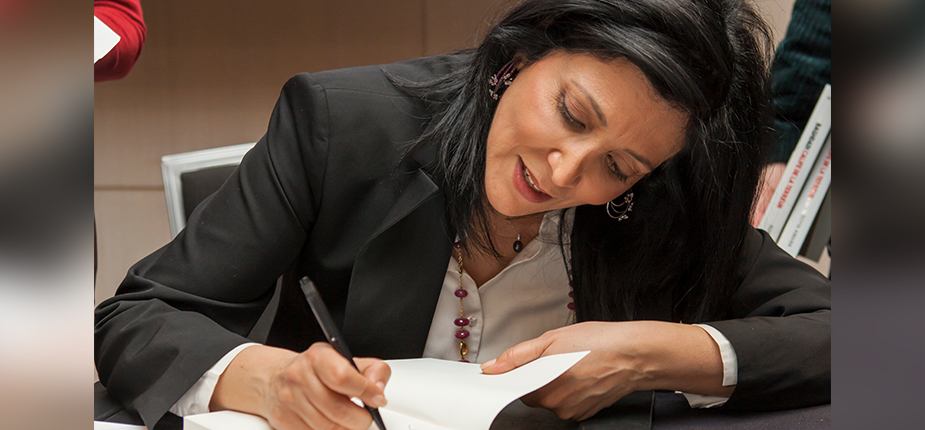“Donald Trump doesn’t have a Middle East policy. It’s non-politics!” Interview with journalist and producer Sofia Amara
Sofia Amara*, a native of Casablanca, journalist, international reporter, producer and essayist, is a recognised Middle East specialist. Based in Beirut, she has, over the past twenty years,
